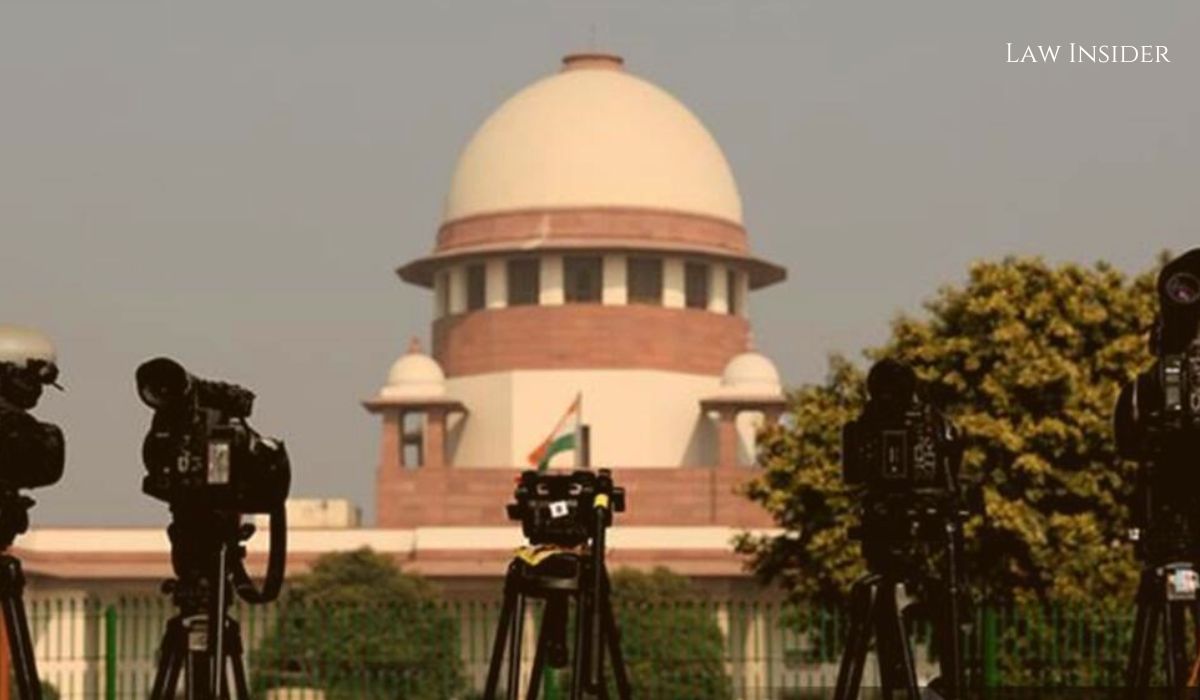Savvy Thakur
Published on: 28 November 2022 at 22:00 IST
The Supreme Court Secretary General has informed the top court that its registry and National Informatics Centre (NIC) do not currently have sufficient infrastructure to live-stream the proceedings of the top court without relying on third-party applications or infrastructure.
According to the Secretary General’s affidavit, the need for third-party applications to provide live streaming services to a larger audience is unavoidable.
“It may be brought to the kind attention of this Hon’ble Court that not only the registry but also the NIC do not currently have sufficient technical and infrastructure to host live streaming without the use of third-party applications and solutions.”
As a result, the affidavit stated, “the dependence on third party applications to offer the live streaming services to a larger audience is, therefore, inevitable.”
However, it was also stated that the Court is working on resolving this issue so that live streaming can occur without relying on infrastructure provided by third parties.
The response stated, “It is a work in progress and all efforts are being made toward making the whole live streaming ecosystem a self-contained ecosystem.”
The affidavit was provided in response to a request made by KN Govindacharya, a former RSS ideologue, to protect copyright over live-streamed court proceedings, particularly on YouTube.
A special agreement with YouTube to protect the copyright on live-streaming and archived judicial proceedings has been requested in the plea.
According to the Secretary General’s affidavit, the registry must use third-party facilities to comply with directions in the case of Swapnil Tripathi v. Supreme Court of India to uphold the open court principle.
According to the affidavit, “It is continuously working toward achieving its goal for a self-sustained, self-contained, and self-reliant livestreaming platform.”
The affidavit explained that the computer cell sends content to NIC via a live stream link, shedding light on the current procedure.
The URL is then encoded and uploaded to NIC’s webcast portal via YouTube. Last but not least, the generated links are also made available for live streaming on the Supreme Court website.
Govindacharya’s counsel had argued at the previous hearing that copyright cannot be surrendered and that rules must be altered in accordance with Article 145 of the Constitution.
“We had to break the ice, and if we thought about rules, we would not be able to take the step at all you see,” the Bench responded.
It was noted that, ‘Recently the full court of this Court took a decision to live stream Constitution Bench cases. It was also decided that scope of live streaming will be expanded taking into account the experience of live streaming the Constitution Bench cases.”
Case Title: KN Govindacharya v Secretary General

